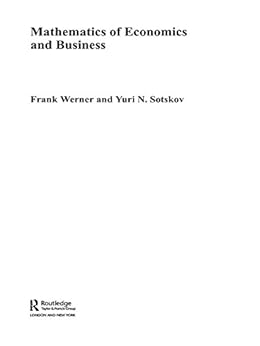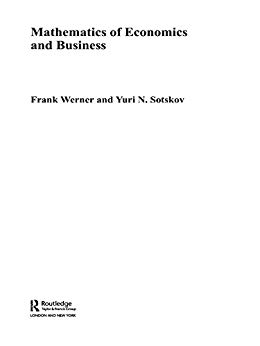 If you have enjoyed studying mathematics at A level (or equivalent), this degree provides you the opportunity to build on your interest in mathematical sciences and statistics and study how to apply your knowledge to the social sciences, small business and finance. I am delighted by this program since it provides the possibility of connecting mathematics and economics in the English language, which provides me a competitive advantage. Very first, it combines the sturdy analytic approach of economics with the technical elements of management.
If you have enjoyed studying mathematics at A level (or equivalent), this degree provides you the opportunity to build on your interest in mathematical sciences and statistics and study how to apply your knowledge to the social sciences, small business and finance. I am delighted by this program since it provides the possibility of connecting mathematics and economics in the English language, which provides me a competitive advantage. Very first, it combines the sturdy analytic approach of economics with the technical elements of management.
This is a theoretical statistics course which is appropriate regardless of whether or not your A level Mathematics course integrated statistics. We are happy to look at applicants who have taken Mathematics, Further Mathematics and a single other topic at A level for this programme.
I am the Robert M. Beren Professor of Economics at Harvard University, exactly where I teach introductory economics (ec ten). I do agree that a lot of science is taught as disconnected information especially at my college. In your first year, you will take two compulsory courses in mathematics and statistics, and will have a option amongst two courses for your third course.
The investigation of economics is going to be a trash if this can not supply you with options to several challenges of the economy. From a broadly structured course catalogue, students can choose in between an application-oriented (applied economics) and a investigation-oriented (economic research) course of study.
High-reaching students who wish to take further studies might enrol in BS63 Bachelor of Business (Honours). Economists who are naturally much more abstract will have a harder time teaching MBAs and will gravitate toward economics departments. The Department of Economics at Trier University offers an international and interdisciplinary two-year Master’s programme in Economics.




